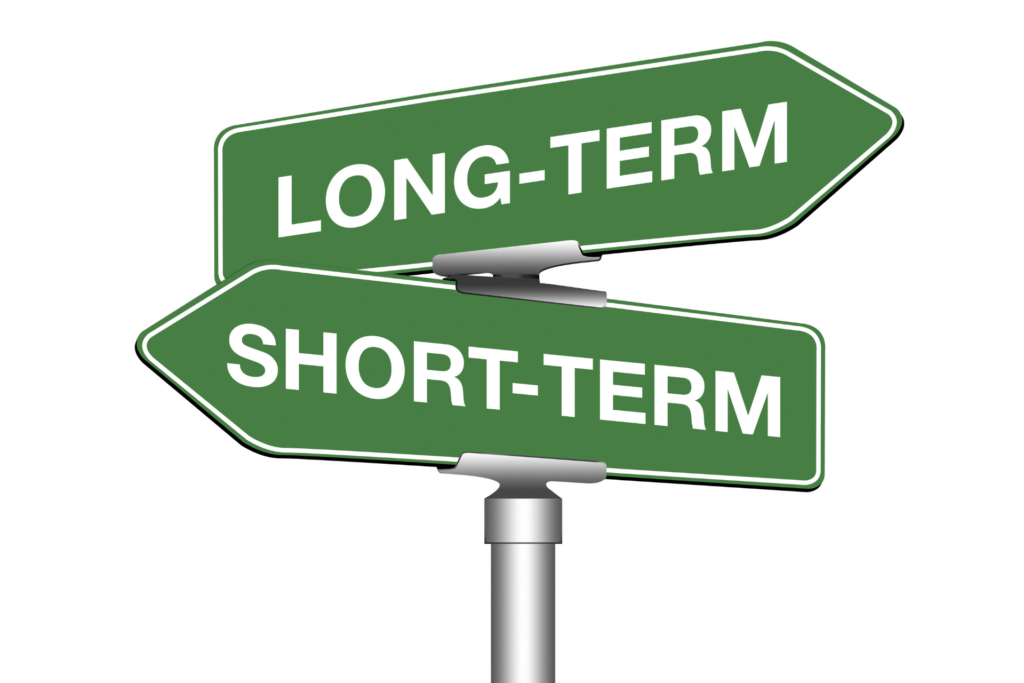
Owning rental property in central Florida is an easy way to make passive income, right? After all, with industries growing and people flocking to the region for jobs, you’ll have no shortage of potential tenants. You may even be thinking you can do all the work yourself and save the fees of a property manager. While you should have no trouble filling vacant rental homes, here’s 10 things to consider before self-managing your rental property.
10 Things to Consider Before Self-Managing Your Rental Property
- Chapter 83 of Florida Statute
Owners must fully understand and adhere to Chapter 83 of Florida Statute that outlines the rules and regulations governing the landlord-tenant relationship. Owners also need to check the county ordinances for their rentals and understand those restrictions as well. (For example, you cannot do short-term rentals in the City of Orlando without proper registration and following strict requirements.) Without a clear understanding of the landlord and tenant laws, a property owner can quickly find themselves in a lawsuit.
- Conduct Proper, In-depth Background Checks
Although time-consuming with associated costs, landlords must conduct proper, in-depth background checks. Background checks can save owners literally tens of thousands of dollars by identifying red flags.
- Available 24/7 for Emergencies
Hot water tanks and air conditioners have a habit of breaking in the middle of the night or when you leave town. When you self-manage your own rental property, you’re legally responsible for addressing emergencies whenever they arise.
- Have a Network of Vendors
When something in your rental unit needs repairing, do you have a full contact list of experts you can call? Would they bump you to the front of their lists to reduce wait time? Unless you feel comfortable handling all repairs to code by yourself, you need a full stable of repair people you can trust.
- Maximizing Rehab ROI
Do you know which upgrades or renovations will fetch the highest rent rates on the market? Even if you’re conducting required repairs, what level of quality will get you the highest return on investment? Many landlords mistakenly buy higher-end materials and will never recoup those costs with rent.
- Hold Tenants Accountable
When rent checks come later each month and you let it slide, things will only get worse. The old adage “give them an inch and they’ll take a mile” rings true here. But it can be hard to feel like the bad guy by putting your foot down.
- Deduct All Repairs from Security Deposit
Holding tenants responsible for rental home damage can feel uncomfortable, but they should be responsible for costs incurred to fix it. Often, landlords don’t want to deduct those costs from the security deposit. But that’s what it’s there for!
- Remove Emotional Factor from Rental Home
Maybe your rental home was a former primary residence or an inheritance that carries some sort of sentimentality. But when you decide to make it an investment property, all those feelings have to get tossed. Every decision moving forward has to be a business decision.
- Increase Rent with Market Value
You want to maximize your return on investment with your rental by raising rent annually. But you have to stay within market value for your area and with the amenities that your rental has. That means you have to carefully follow the rental property market to know how to stay competitive while getting the highest possible rates.
- Keep a Buffer on Relationships
You might think your tenants are super cool people you’d want to have a beer with. You may have already been friends with them before they moved in. But in the landlord-tenant relationship, you have to be all business. Otherwise you start making concessions that means you lose money.
Bonus: Budget for Emergencies, Repairs, Incidentals
As a landlord, you need a contingency reserve for each of your rental properties. Why? You’ll need to be able to cover the costs of emergencies, repairs, upgrades, and other incidentals.
If you have a mortgage on the investment property, generally you should plan to have at least three months of mortgage payments plus an additional $2-3k in cash reserves. This should be sufficient to cover the repairs during a tenant turnover and the mortgage during most normal vacancy periods. It will also cover any minor repairs or appliance replacements that may arise during a tenant’s occupancy.
Without this cash reserve, you risk being unprepared for the upkeep legally required to provide a safe rental home for your tenants.
Rather than dealing with all these intricacies, many owners choose to enlist the help of a professional property management company. For less than a monthly cable bill, owners get their time back when property managers take care of all the above and more. Learn how The Realty Medics, the premier Orlando area property management company, could make owning rental property easier for you. Call us at 321-947-7653 or complete our online form to get your free rental analysis.


